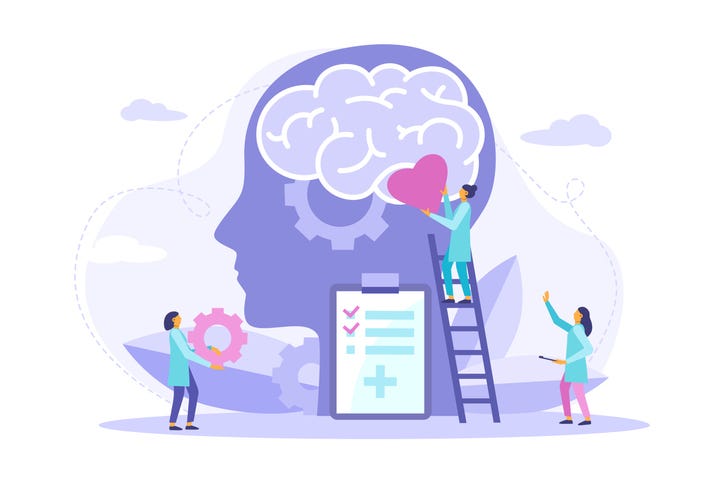
With May being Mental Health Awareness Month, a major medical institution is alerting people about the mental health crises among teens. Doctors say childhood mental health concerns were steadily rising. But the coronavirus pandemic, has exacerbated those challenges.
Dr. Marcie Billings is a pediatrician with Mayo Clinic. "The mental health crises in kids and teens is a real," she said. "We need to address it and get kids the care that they need."
If your kids are deviating from their normal behavior, for over two weeks, Dr. Billings says to seek professional help. She also says there are things parents can do to prevent a mental health crisis from happening.
"It's so important to build resiliency in kids, that sets them up for success with any challenges they encounter, because we know there will always be challenges."
Dr. Billings encourages caregivers to model good behaviors, schedule down time so teens have a chance to breathe, and most important, let them know you care.
"We need to as parents and caregivers, teachers, community members, be available to our kids, let them know we're there to talk. And you know, not necessarily have expectations of what they will say and be prepared to assist with what whatever they they tell us."
In October, major doctor groups declared the mental health crisis among kids a national emergency.
The city of Minneapolis is also honoring Mental Health Awareness Month. This weekend, landmarks such as the U.S. Bank Stadium, the I-35W and Lowry bridges, will glow green. City leaders have called mental health a public health issue and want to reduce the stigma around mental health. Next week, two City radio programs will feature conversations about mental health. Click here to listen to those programs.
If you or anyone you know needs help, the National Alliance on Mental Illness (NAMI): finds resources for those with and without insurance.
Call 1-888-NAMI-HELPS or 1-888-626-4435

